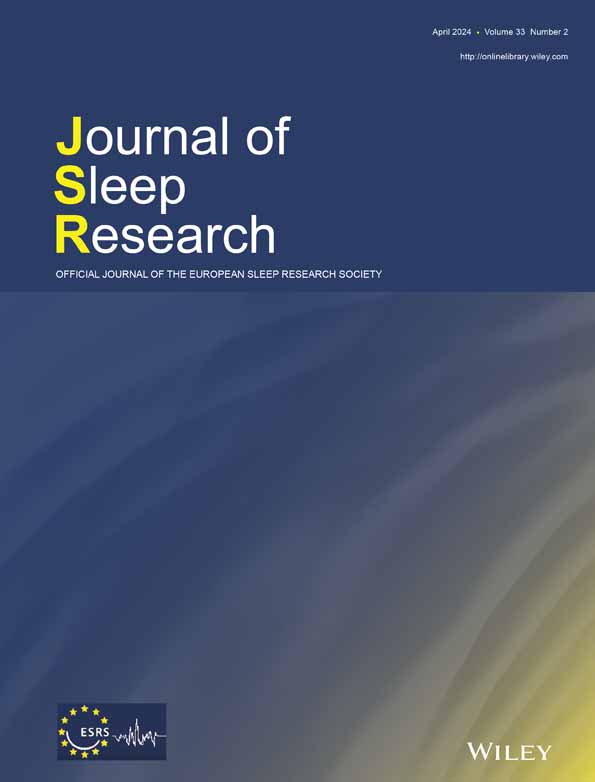Science and the ‘emancipation of the mind’: dreams, the mind, and slavery
Summary
Dreams were a subject of interest to philosophers thinking about the connection between the mind and the body in the nineteenth century. Many scholars have pointed out that the mind and the body were intimately linked and affected each other. Although science was on its way to becoming more technical and numbers focused in its investigatory practices, medical students and other physician-philosophers investigated the nature of sleep and dreams. Medical students and advanced researchers speculated on the nature of consciousness and mused on where the mind travels to during the sleep processes. Other romantic figures like Dr Polydori speculated on the nature of sleep walking in their medical dissertations. Dreams also had a powerful moral and motivational component, as dreams and activities in dreams, drove people like Benjamin Rush to embrace abolition. Other promoters of abolition used the nature of dreams to discusses the dreadfulness and suffering of slavery.
CONFLICT OF INTEREST STATEMENT
The authors declare no conflicts of interest.
Open Research
DATA AVAILABILITY STATEMENT
The data that support the findings of this study are openly available in University of Pennsylvania and Transylvania University, as well as at other digitization repositories. For example, please visit: https://franklin.library.upenn.edu/catalog?f%5Bauthor_creator_f%5D%5B%5D=University+of+Pennsylvania+Medical+Dissertation+Digital+Library. Also see Transylvania University Historical Medical Theses Collection.




